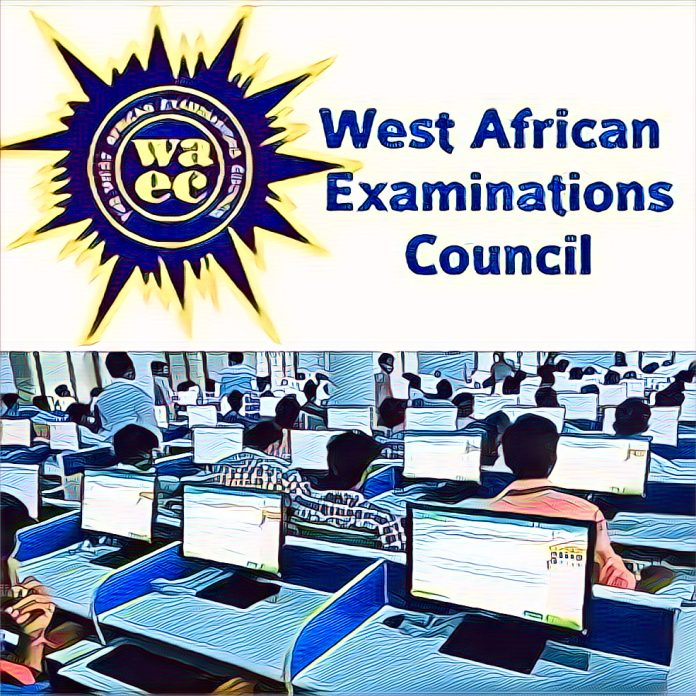KEY POINTS
-
WAEC requires schools to meet CBT standards before 2026.
-
The CBT system will reduce exam malpractice and logistics costs.
-
Schools without facilities will be moved to designated centres.
The council says schools must meet new digital testing requirements as it phases out pen-and-paper exams.
The West African Examinations Council (WAEC) has mandated schools to meet strict digital infrastructure requirements as it prepares to fully migrate the West African Senior School Certificate Examination (WASSCE) to computer-based testing (CBT) by 2026.
At a sensitisation program in Port Harcourt, WAEC’s Head of Examinations, Lucky Njoagwuani, said schools wishing to host CBT exams must provide at least 250 functional laptops with an additional 10 percent as backup, a server capable of supporting all systems simultaneously, and a Local Area Network.
He added that schools will also need functional air conditioning, reliable lighting, CCTV cameras, a candidate holding area, and a generator with a minimum capacity of 40kVA to ensure uninterrupted power supply.
Minimum facilities required for CBT transition
WAEC officials emphasized that the transition to CBT is aimed at reducing logistics costs, improving security, and expanding access to examinations. The council noted it had already introduced computer-based testing in private candidates’ exams, which has run successfully over the past two years.
“This year’s private candidate exam, second series, is fully computer-based with no option for pen and paper,” Njoagwuani said, stressing that next year’s school candidate exam will also follow the CBT model.
Port Harcourt Zonal Coordinator Adeniran-Amusan Akim urged schools to upgrade their ICT centres immediately, noting that WAEC will not relax the requirements. Schools unable to comply will be directed to designated testing centres equipped with the necessary facilities.
WAEC moves forward with CBT in schools
According to Punch, the council said the decision to adopt CBT in schools will strengthen exam integrity, tackle malpractice, and prepare students for the digital learning environment. Stakeholders at the event—including the Rivers State branch of the National Association of Proprietors of Private Schools (NAPPS)—welcomed the policy and encouraged schools to seek funding support from the Bank of Industry and federal MSME schemes to finance the upgrades.
“Technology is playing a vital role in modern education,” said NAPPS chairman Sunday Jaja. “This initiative will keep schools aligned with global trends while equipping students with digital skills.”
The sensitisation event, organized with partners including Teadro Systems Ltd, HP, Lenovo, and Canon, featured the donation of ICT devices such as laptops, printers, and tablets to selected schools through a raffle draw.



